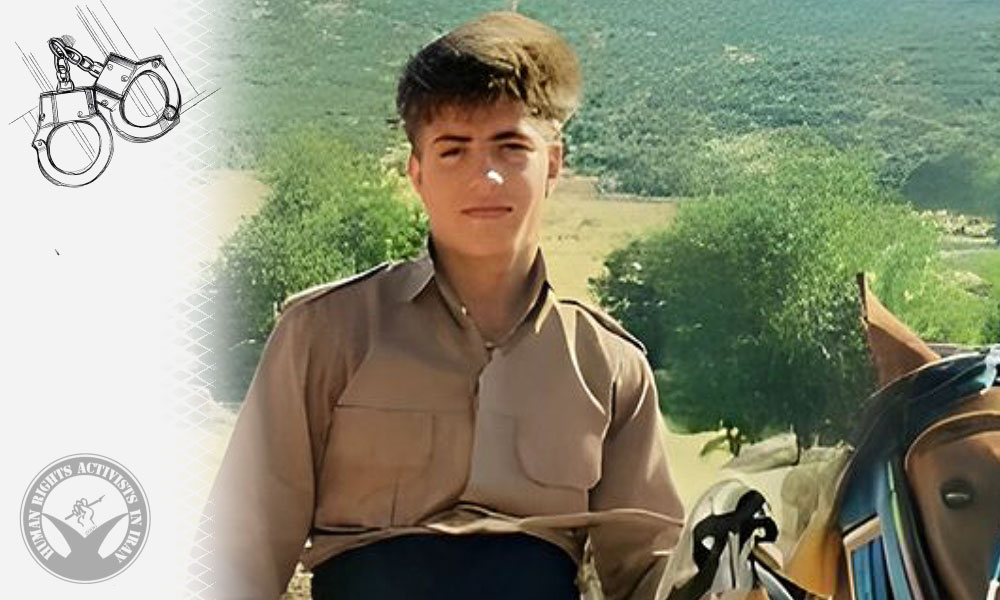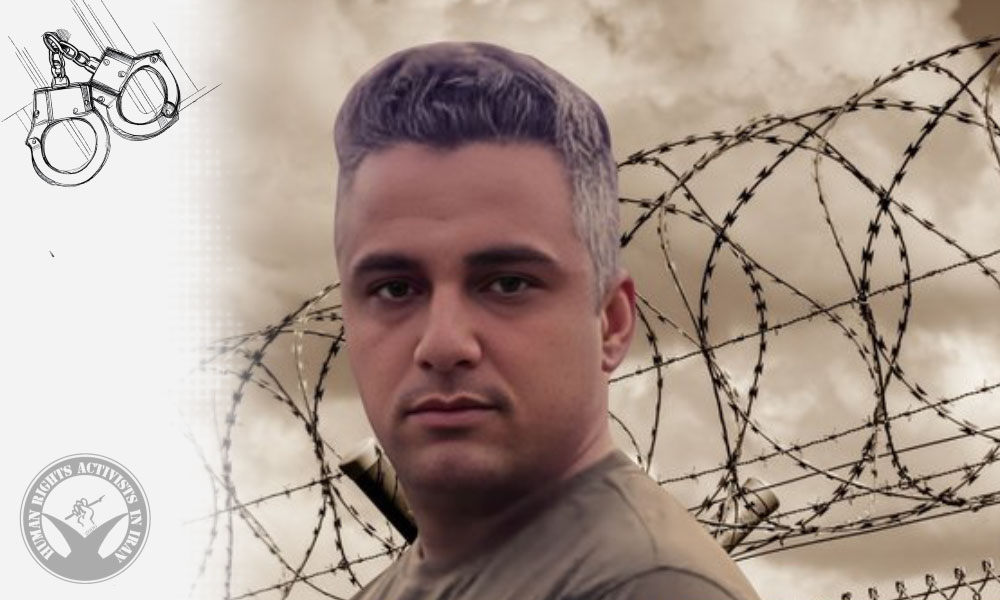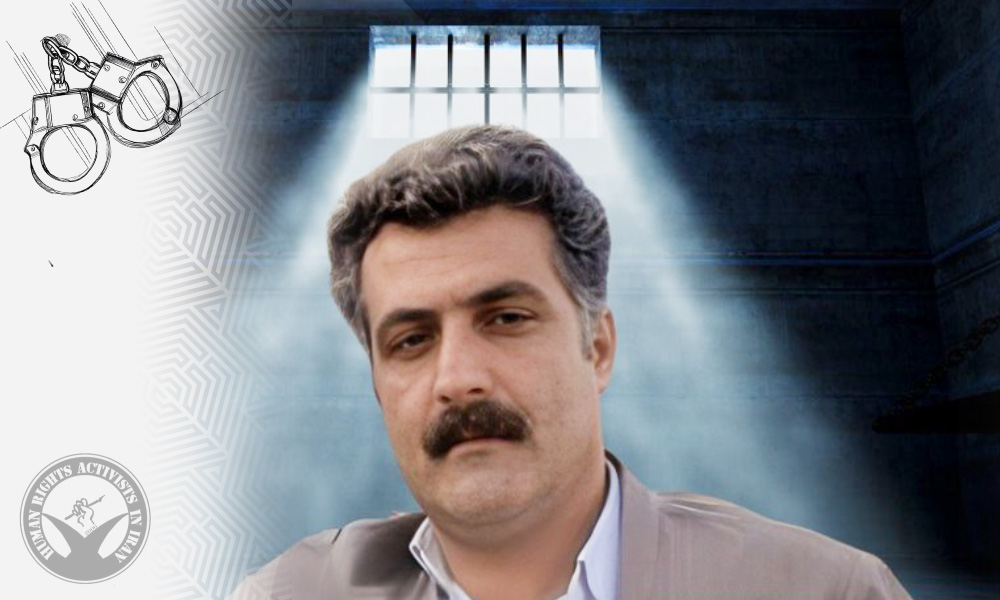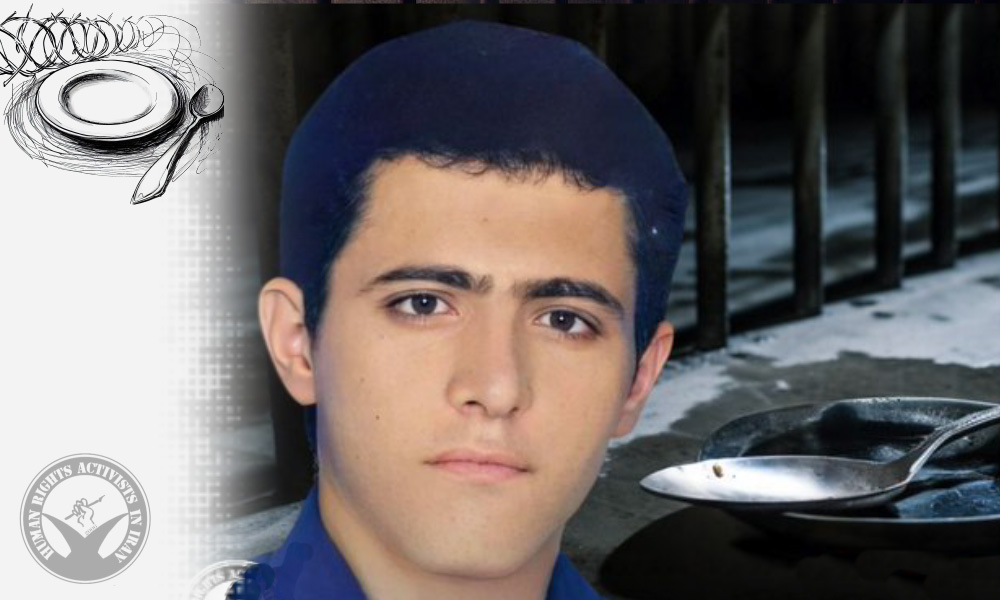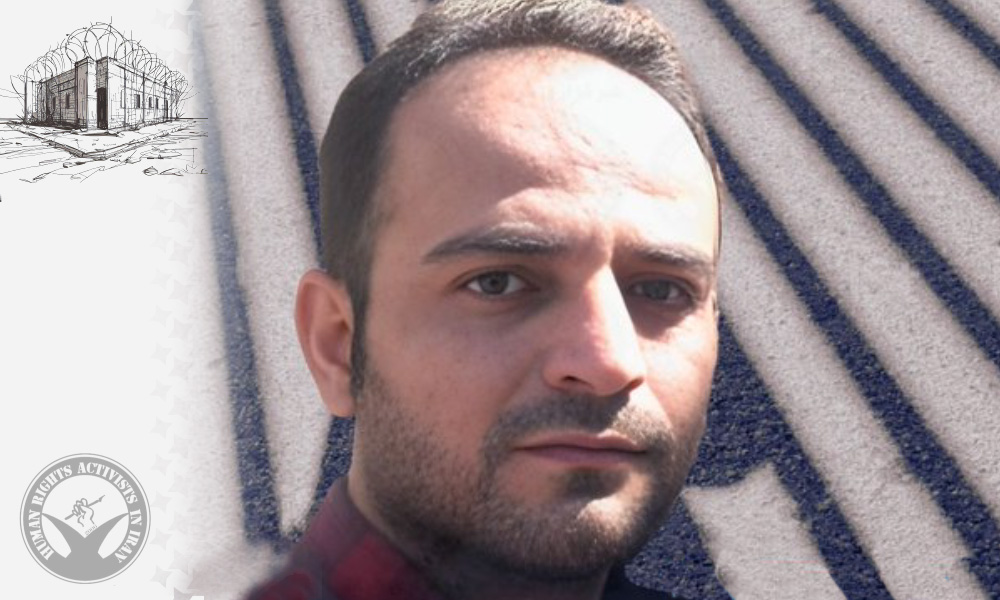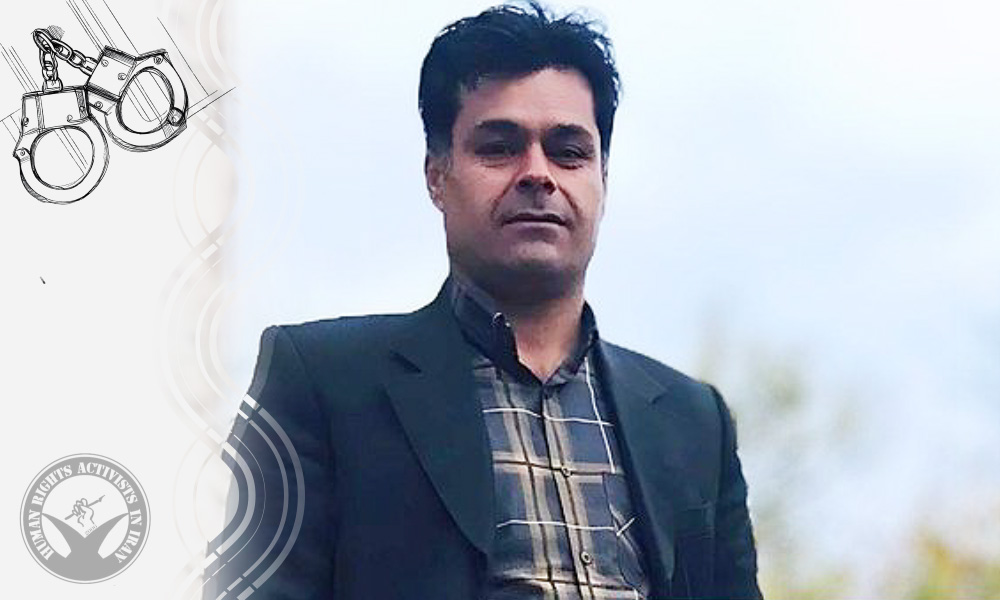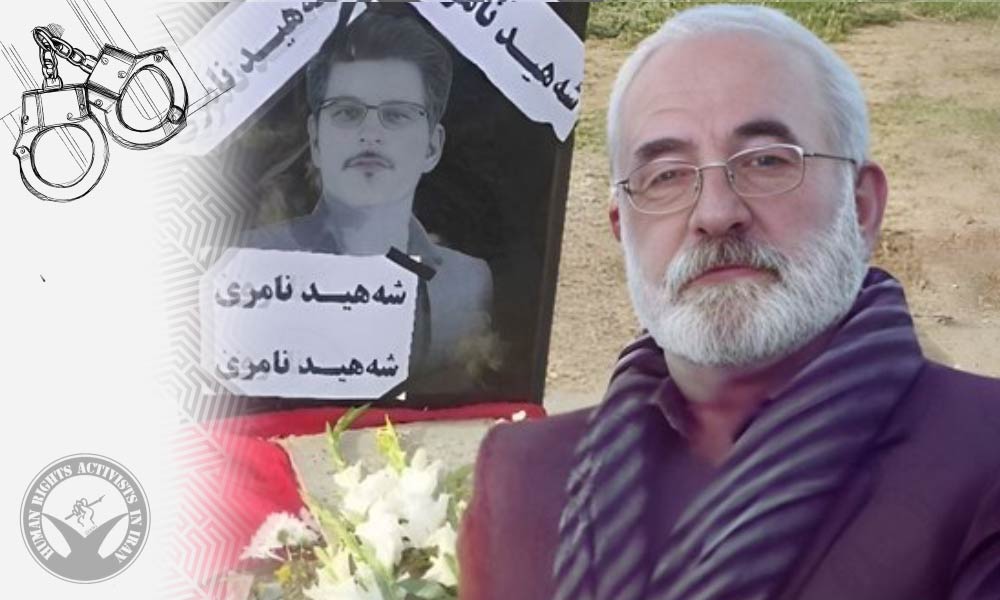HRANA – Six 17-year-old teenagers from Kamyaran remain in detention in Sanandaj, held without clear legal status.
According to Kolbar News, on Sunday, September 14, 2025, Kawan Sabouri, Uraz Zamani, Behrouz Rashidi, Soran Mozaffari, and Payam Hosseini were transferred from the Kamyaran Ministry of Intelligence detention facility to the IRGC Intelligence Detention Facility in Sanandaj (Shahramfar) for interrogation. Ehsan Sabouri was transferred to the Juvenile Correction and Rehabilitation Center in Sanandaj.
The families of the teenagers report that security forces have refused to provide any information regarding the reasons for the arrests or the charges brought against them.
Ehsan Sabouri and Kawan Sabouri were arrested on September 11, while Payam Hosseini was detained a day earlier, on September 10, by security forces in Kamyaran. Uraz Zamani, Behrouz Rashidi, and Soran Mozaffari had been arrested earlier on September 7 in the same city.
It is noteworthy that Soran Mozaffari suffers from diabetes and requires continuous medical supervision and regular insulin injections to manage his condition.




